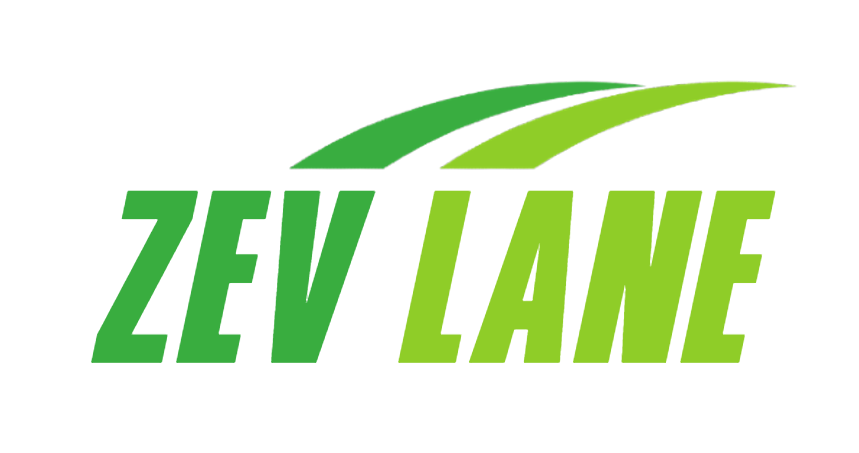Commercial electric truck charging is on the mind of many fleet managers in California as the state moves towards its zero emission goals.
There are two regulations driving requirements to take action towards zero-emissions operations for commercial trucking companies, ACF, which stands for Advanced Clean Fleets and ACT, Advanced Clean Trucks and are both regulations set by the California Air Resources Board (CARB).
The (ACF) is a regulation that sets mandates for transitioning medium and heavy-duty fleets to zero-emission vehicles. The ACF establishes specific deadlines for different fleet sizes, with stricter requirements for drayage trucks and government fleets.
ACT is more than just a sales mandate for manufacturers. It’s a critical step on the road to cleaner air. While large fleets have a one-time reporting requirement, ACT focuses on pushing manufacturers to produce more zero-emission trucks (ZEVs). This ensures there will be enough clean options available as fleets transition away from traditional fuels.
To meet the ACF regulations, private fleets can be divided into three categories: large, medium and small owner/operators. In most cases, the larger fleets of 100 vehicles are more, have the resources, the finances and knowledge to navigate the vehicle mandates and secure energy for EV charging, as well as the chargers themselves since they usually have grant writers, technical staff and engineers.
The medium sized fleets, which are very broad and can be anything from 10 to 100 trucks, may be able to transition to electric vehicles but still need assistance on all levels.
However, the small fleets and owner/operators of less than 10 trucks need the most assistance and financial aid to acquire vehicles, energy and charging solutions.
In an effort to meet the transition demands of any fleet size, a whole new industry has been created and that is to offer Charging as a Service and Truck as a Service. The fleets simply pay a company for the use of a truck or pay a contract kWh price. This turns the CapEx into an OpEx.
Many fleets will decide to deploy their own behind-the-gate charging but it will require a lot of resources; however, with the Charging as a Service solution, it eliminates the time to market for EVs and puts the burden of the energy and maintenance of the infrastructure on another company. There have been many examples of fleets attempting to build out their infrastructure but choosing these other services due to the complexity and cost of the infrastructure development process.
To use Charging as a Service or Truck or Truck as a Service, the fleet must domicile or operate within a short distance of the charging depot. Most of these depots are centered around ports, distribution centers and airports, which does account for the largest volume trucking but if you have a business outside these areas or in rural communities, these solutions may not be an option so you’ll have to explore on-site charging and engage with utilities, as well as looking into mobile or off-grid charging.
Below are companies that offer various levels of Charging as a Service (CaaS) and Truck as Service (TaaS):
Current Trucking: Provides a full-service solution for leasing electric trucks, charging infrastructure, and ongoing support, allowing businesses to transition their fleets to clean energy efficiently. Offers CaaS and TaaS.
Forum Mobility: Zero emission electric heavy-duty truck sales and leasing options, as well as charging as a service. Provides overnight and day-time charging depots near the ports and along major drayage routes. Offers CaaS and TaaS.
Gage Zero: Designs and manufactures high-performance electric motors and powertrains for electric vehicles, offering solutions for cars, motorcycles, and other applications. Offers CaaS.
Greenlane: Designs, develops, installs, and operates a public charging network for medium- and heavy-duty battery electric and hydrogen fuel cell vehicles.
Terawatt Infrastructure: Provides comprehensive infrastructure solutions for renewable energy projects, including solar, wind, and battery storage, potentially including electric vehicle charging infrastructure as part of their services. Offers CaaS.
WattEV: Uses a combination of business and technology innovation to create infrastructure and data driven workflow that provides truckers and fleet operators the lowest total cost of ownership by offering Caas and Taas.
Voltera: Develops and manufactures high-power charging systems for electric vehicles, enabling faster charging times for commercial and personal use. Offers CaaS.
Zeem Solutions: Specializes in electric vehicle subscription services, offering flexible rental programs for individuals and businesses to access electric vehicles without a long-term commitment. Offers CaaS and TaaS.

